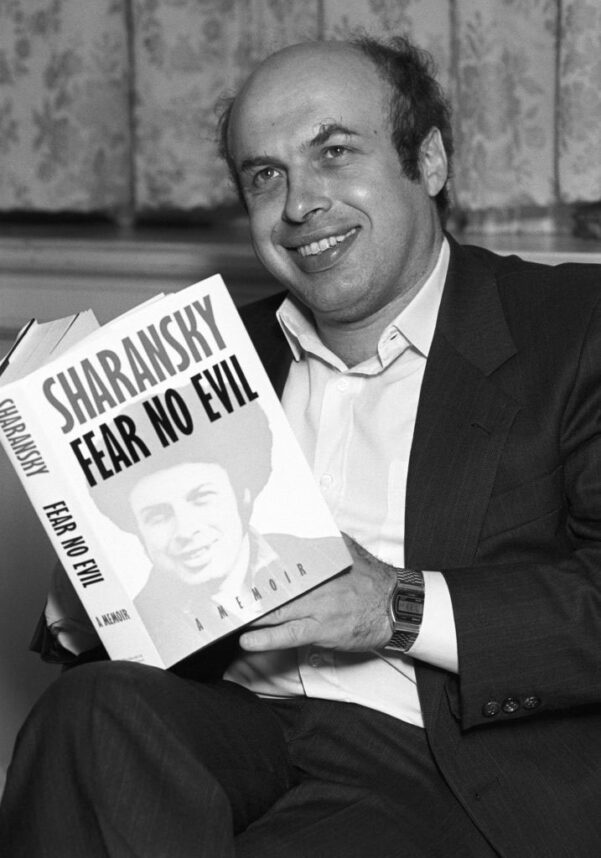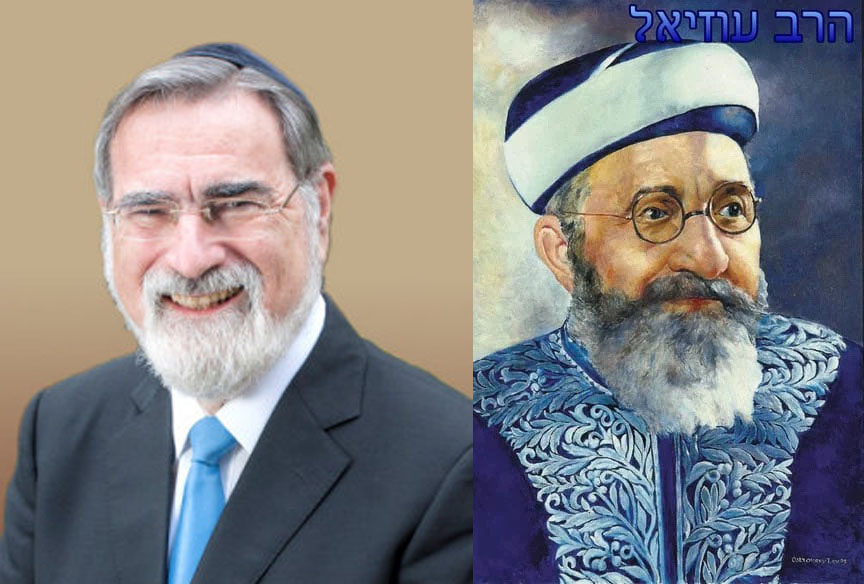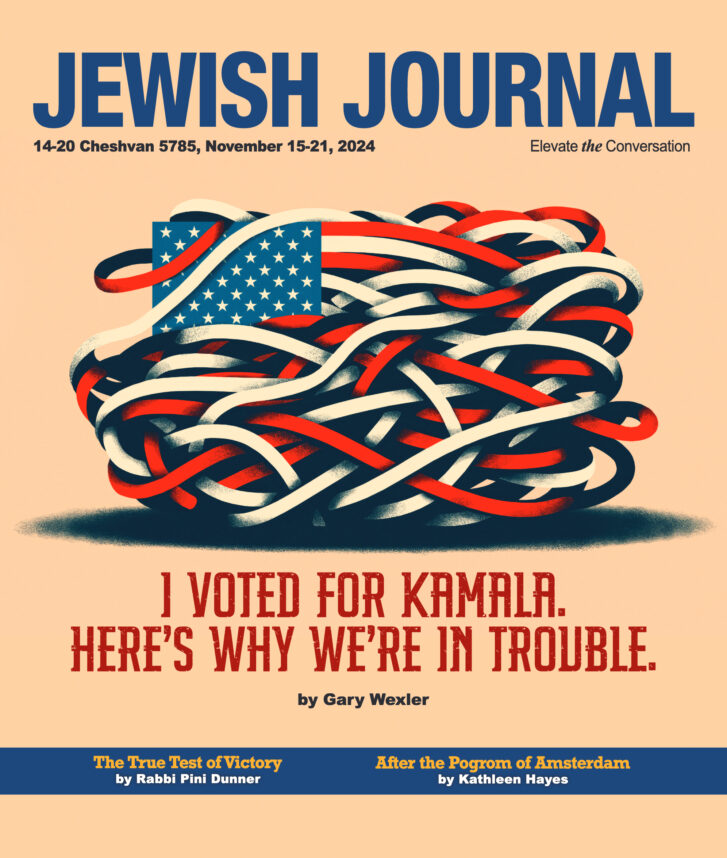As a centrist observant Jew working in the secular professions, I am particularly struck by Democratic presidential candidate Al Gore’s selection of Senator Joseph I. Lieberman as his vice-presidential running mate for the November 2000 elections.
The life of the Orthodox Jew at this moment in American history is so fascinating that it is difficult quite to place all the pieces. In my own life, I practice civil litigation and First Amendment law at a nationally prominent law firm, wear a yarmulke at work, go by my Hebrew name at the office, schedule deposition dates around the Jewish Sabbaths and holidays, and even have kosher food delivered for me and my family during business functions.
Jews in the United States have begun participating more openly and directly in the American experience during the past quarter century, and that bodes good – even as it affixes aspects of apprehension. From Secretary of State Henry Kissinger to other cabinet-level appointees who are Jewish to United States Senators, Jews have become part of the American political landscape. Orthodox Jews, too, have become more direct participants in the American experience. As attor-neys, doctors, engineers and accountants, we have always been players to one degree or another. But several years ago, Cantor “Dudu” Fischer (no relation) played Jean Valjean, the lead role, in the Broadway staging of “Les Miserables” – and he did not perform on Fri-day nights or Saturday matinees. He successfully played Broad-way, and art has reflected life.
There was a time in American life when we Jews were told to hide our identities and roots. It was a time when actors in Hollywood changed names from Bernie Schwartz to Tony Curtis and from Betty Perske to Lauren Bacall. But those times began a-changin’ as several comedians in the late 1960s began using their names on stage, people like David Steinberg and Robert Klein. In time, a new generation arose, no longer hiding, no longer fearful that Jewish identity would hurt at the box office or would deter success in other aspects of American life.
It is instructive that Lieberman came to the national stage not from New York or even California but from blue-blooded Connecticut, the state that was synonymous with the “gentle-men’s agreements” that so quietly typified upper-class American anti-Semitism in the 1940s and 1950s. Lieberman ran for statewide office, open about his religion, and he defeated a landed incumbent, Lowell Weicker, before winning resounding reelection in 1994.
But if the selection of Lieberman marks a watershed moment for American Jews in general and for Orthodox Jews in particular, sensibility also points to the less salient implications. Lieberman’s views on defense, taxation, school vouchers, abortion, Social Security and such issues are better known than are his views on more parochial Jewish subjects. Where does he stand on the question of moving America’s Israeli embassy to Jerusalem? Where does he stand on Jewish rights to establish communities in Judea and Samaria (the “West Bank” region)?
Jews know he opposes the release of Jonathan Pollard from federal detention, even though Pollard has been incarcerated longer than has been any other spy in American history who conducted espionage for an American ally. Jews know that he ardently supports Hillary Clinton’s candidacy for the New York Senate seat, despite her very shaky record on the parochial issues that concern Jews, including her stand-out role in calling for an Arab independent country in Judea and Samaria; reticence while standing alongside Suha Arafat, Yasser’s wife, as Suha crassly accused Israel of poisoning her nation’s water supply; similar silence while standing in the presence of another anti-Jewish tirade in New York. So it is not clear where Lieberman stands on parochial issues affecting his co-religionists and whether his low profile augurs a readiness, if asked, to pressure Israel to make dangerous concessions.
Still, there is a coming-of-age quality to all this. Only days before his selection, the American Orthodox community was surprised by federal district judge Nina Gershon’s decision in the Southern District of New York to overturn New York State’s longtime “kosher laws” that empower the state’s agriculture department to send inspectors into food establishments to monitor the authenticity of shopkeepers’ claims that the food they are selling meets kosher requirements. Orthodox Jews spent the weekend asking what such a ruling means, coming as it did on the heels of similar decisions in Maryland and New Jersey in recent years. And, on deeper reflection, some were beginning to consider that, with the evolutionary maturation of American Orthodox Jewry, maybe the judicial ruling, even if upheld on appeal, would not matter all that much. Days later, we are reflecting on the degree that Jews who walk rather than drive on Saturday, who eat beef short ribs rather than pork spare ribs and who do not mix milk with beef, can function in the greater American society as full participants. For, beyond Lieberman, it marks a period when Orthodox Jews can feel a bit more confident in daily life, knowing that there is nothing wrong with asking an employer to accommodate the need to leave work early on Friday or to assert the preference for a kosher sandwich at the company lunch.
Which is not to say that all is hunky-dory. Only one year ago, three temples were desecrated in Sacramento, Orthodox Jewish pedestrians were attacked while walking to synagogue on a Friday night in Chicago and a Washington State hatemonger drove to Granada Hills and allegedly shot children at day camp. That, too, is part of the Jewish situation, in America, throughout the Diaspora: moments of hope tempered by the imprinted experience of history.





















 More news and opinions than at a Shabbat dinner, right in your inbox.
More news and opinions than at a Shabbat dinner, right in your inbox.